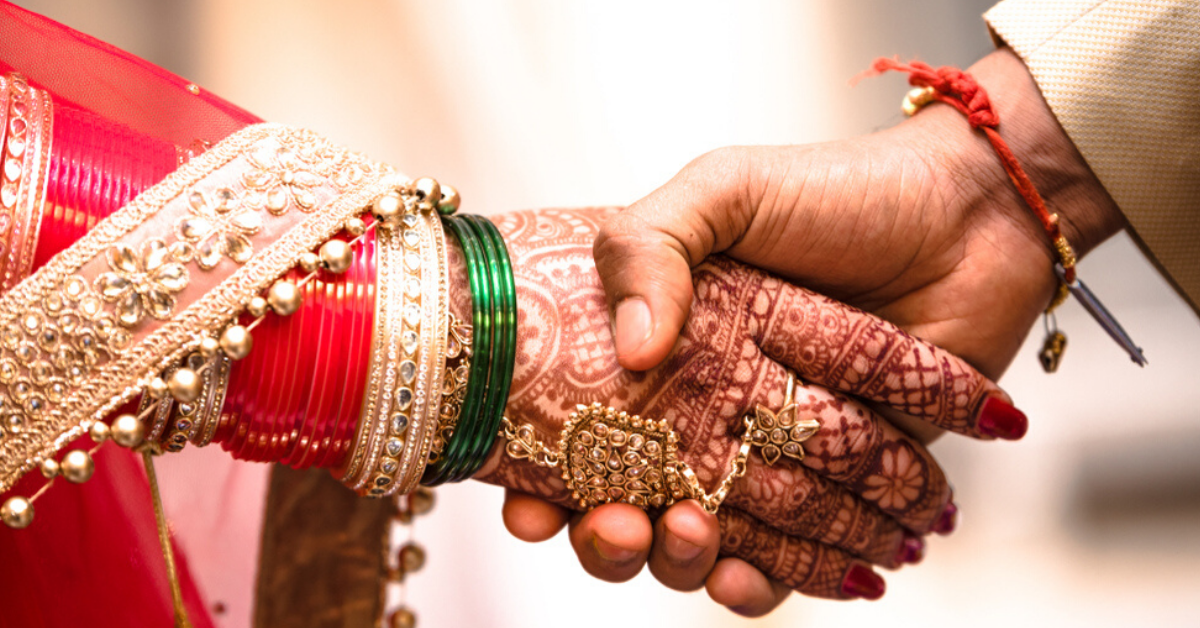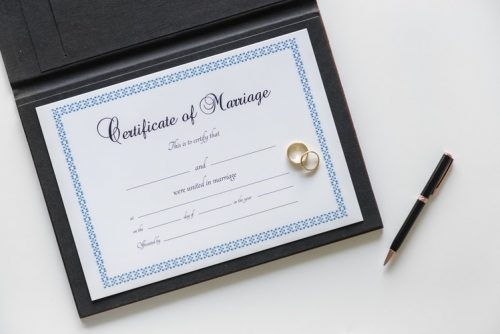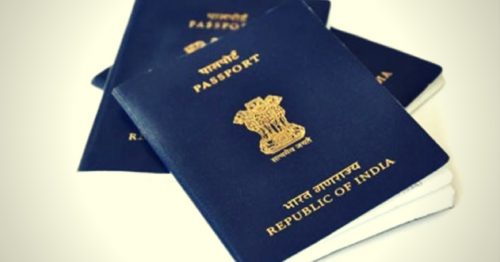
Here's an updated list of all the procedures to be followed and the documents you'll require to procure.
January 11, 2020
A midst all the hustle and bustle of your wedding, you may not have had the time actually to look into the procedures of registering your marriage.
Here’s an updated list of the various acts under which you can get your marriage registered in India, the documents required, the procedure as well as its benefits to clear up all your confusion.
Benefits of a Marriage Certificate

A marriage certificate is beneficial for claiming the family pension, bank deposits, life insurance benefits when the depositee or the Insurer dies without a nomination or otherwise.
The need for a marriage certificate comes up when you need to prove that you are legally married to someone, for purposes like obtaining a passport, visa or changing your maiden name.
It is also helpful in cases of a husband working and living abroad on a work permit or a residence visa and wants the wife to join him or vice-versa.
In cases of divorce, legal separation, alimony, or custody of children, courts may insist on seeing the marriage certificate.
Marriage Acts in India
There are two marriage acts in India—The Hindu Marriage Act, 1955 and The Special Marriage Act, 1954.
The Hindu Marriage Act, 1955: A marriage can be registered under the Hindu Marriage Act if both the husband and wife are Hindus, Sikhs, Buddhists, Jains or have converted to any of these religions.
The Special Marriage Act, 1954: Marriages under any religion can be registered under this Act. This Act is also applicable to those having an inter-religious marriage and for Indian nationals living abroad.
Documents Required

Note: All the documents attached must be self-attested.
What is the exact procedure?
Marriages under both acts must be registered in the respective Gram Panchayat/Municipality/Corporation where the wedding took place.
For Hindu Marriage Act, 1954
The marriage application form must be collected and filled. The husband and wife should sign it, along with two people who are witnesses.
The form must be accompanied by the documents mentioned above. After the documents are verified, you will be given an appointed date with the registrar.
On the appointed date, the husband and wife will appear personally before the Sub District Magistrate along with a gazetted officer who attended the wedding and sign the marriage register.
The certificate is issued on the same day.
For The Special Marriage Act, 1955
After the documents are submitted along with the application, there is a 30 day notice period inviting objections.
A copy of the notice is posted on the notice board of the office, and a copy of the notice is sent to the given addresses of both parties.
Registration with the Sub District Magistrate is done after the 30 days notice period.
Both parties, along with three witnesses, must be present at the time of registration.
(Edited by Gayatri Mishra)